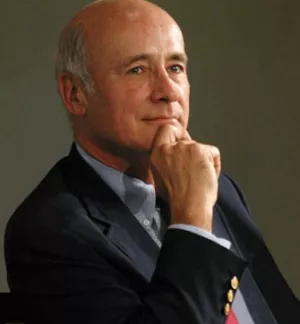One-third of the world's population is now online. As we are seeing in the Middle East, this fact is changing global politics. An information revolution is shifting power away from states. US secretary of state Hillary Clinton has called for "a serious conversation about the principles that will guide us" in such a world. She says she backs the "freedom to connect" for people everywhere, and calls on others in the Middle East and Asia to follow. But if she believes this, why is the US trying to prosecute WikiLeaks founder Julian Assange?
In February, a court in London ruled that Mr Assange should be extradited to Sweden, although he quickly lodged an appeal. But the US justice department is considering a prosecution for espionage, and has subpoenaed Mr Assange's Twitter account. The rationale, from Mrs Clinton, is that the WikiLeaks cables incident "began with an act of theft". But that is grounds for prosecuting the soldier who allegedly stole the information, not Mr Assange — unless he can be proved to be part of a conspiracy, rather than a conduit of information.
One might also prosecute him for possession of stolen property, but then one must also prosecute The New York Times and other newspapers, with implications for press freedom. A third reason could be deterrence: perhaps the damage done by such disclosures is so great that an example must be set. Did the WikiLeaks disclosures do such harm? Clearly they caused some — as when an otherwise pro-US politician in Singapore publicly cautioned his officials against speaking too freely to Americans. However, as defence secretary Robert Gates has pointed out, foreign governments still have to work with the US. WikiLeaks may drive information out of diplomatic hands and into intelligence or other channels, but the job of governments working together will go on.
Therefore by trying to prosecute Mr Assange we only do damage to ourselves, both in terms of our own constitutional precedents, but also to the principle of openness on the internet that America must try to establish. The move is a blunder because it glorifies Mr Assange, and also because it confuses a cause with a symptom. If we are to understand power in an internet age, we must realise that if Mr Assange had never been born, something like this would have happened anyway.
In some ways the WikiLeaks disclosures actually did less damage than might have been assumed, because they did not include information from restricted state department channels. Nor was sensitive intelligence distributed on SIPRNet, the compromised network to which, according to press accounts, nearly 500,000 people had access. This tells us that we must focus on how the state manages its networks: porous, inadequately monitored information systems are the real culprit, not Mr Assange.
Those government employees who violate the oath that they make not to disclose classified information can already be prosecuted. Some might claim exemption for acts of conscience, if they are willing to defend their actions in public. But while the WikiLeaks videos of soldiers shooting journalists from a helicopter in Iraq might qualify, the broadside disclosure of 250,000 cables from around the world would not.
Instead, we should learn from more advanced approaches, in banks and other companies, to develop systems that classify less and protect data better. Better procedures should also be developed for dealing with things that are likely to be leaked, and how in turn this relates to our laws and to principles we are trying to establish for the internet.
Of course, this will not solve all problems. Disloyal employees and foreign spies have always been able to access some sensitive information. What is new is that now individuals can steal vast amounts and display it easily and widely online. However, that is the age we live in. At such a time, the less attention that is paid to Mr Assange, the better.
The writer is the author of 'The Future of Power', and was an assistant secretary of defence under US president Bill Clinton.
Nye, Joseph. “America Should Not Prosecute Julian Assange.” Financial Times, March 8, 2011





